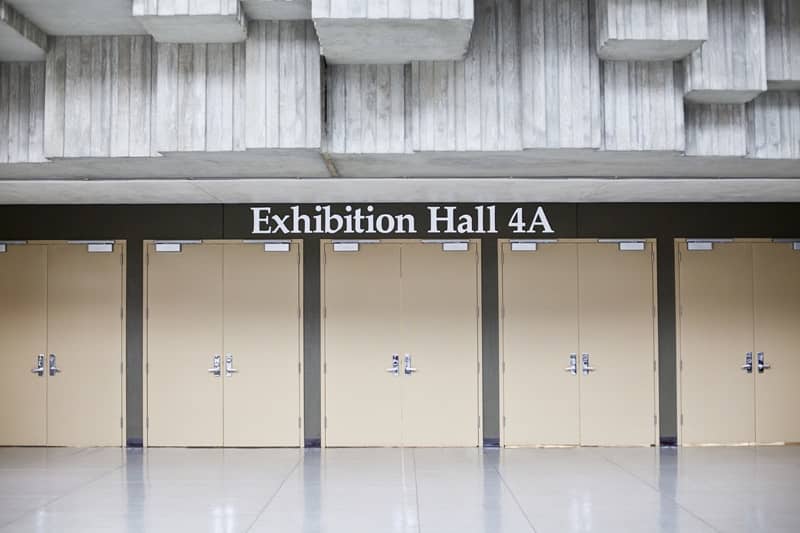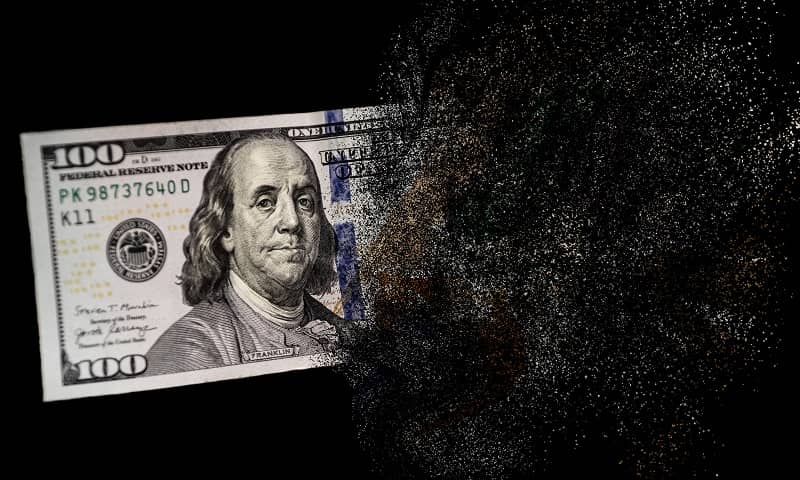When Cascade was founded in 1991, I was in my 12th year as executive director of the Oregon Environmental Council. Before that I had worked for a national environmental group based in New York. I was an unlikely candidate to ever lead a free-market think tank.
While I was not immediately aware that Cascade had been formed 20 years ago, I was aware that my own views about environmental protection were changing. The large sources of smokestack pollution I had seen as a boy growing up in northern New Jersey were well-controlled by the 1990s. Chronic urban smog, largely the result of auto emissions mixing with other chemicals in the presence of sunlight, had been permanently eliminated in most major cities due to dramatically improved auto technology. With virtually all pollution trends moving downward, things were so much better that environmental activists were increasingly looking for things to do just to keep busy (though they would never admit that).
In 1992 a friend suggested I take a look at Reason magazine, the journal of policy and culture published by the Reason Foundation. Becoming a subscriber opened my eyes to new ways of thinking about how we organize ourselves as a society and prompted me to think critically about natural resource policy. At roughly the same time, Oregon economist Randal O’Toole began publishing Different Drummer, a journal for “libertarian environmentalists.” I had a hard time even understanding that phrase, but I had followed Randal’s work for over a decade (pioneering the use of economic analysis of public land timber sales) and had a lot of respect for his thinking. Different Drummer regularly showed how large, intrusive government inevitably created incentives that resulted in both economic inefficiency and environmental destruction.
In 1994 Cascade Policy Institute sponsored its first Better Government Competition (BGC), which it billed as a “statewide citizens suggestion box” for ideas about how to reduce the size of government or to improve the delivery of government services. For some random reason I received a copy of the announcement, and since there were cash prizes available (always a good incentive), I carefully read it over. After thinking about it I submitted an idea related to electronic tolling of roads and variable (peak-hour) pricing.
My concept was not named one of the 10 finalists, but I enjoyed writing it and it introduced me to Cascade’s work in a more personal way. As I received announcements about CPI events, I began attending just to check out this whole free-market policy scene. I went to a Cascade lunch featuring José Piñera, the world’s leading authority on converting Social Security programs to asset accounts. That was quite a refreshing presentation.
I also attended a small meeting where I was introduced to Ted Kolderie from Minnesota, the father of the charter school movement. The meeting was facilitated by Cascade, though CPI’s co-founder Steve Buckstein now admits he thought the whole charter school concept was never going to work. So much for predictions!
I also went to a highly entertaining CPI presentation by Marshall Fritz, who made a compelling argument for a complete return of education services to the private sector on a voluntary, market-driven basis.
By 1995 it had become clear to me that the environmental movement was no longer focused on protecting the environment; it had been taken over by people who were much more interested in simply controlling people’s lives. Oregon land-use planning in particular had become a nightmare that was destroying the lives of thousands of people, for no reason other than the planner obsession for control. And federal forest regulation in the wake of the Spotted Owl litigation had placed thousands of Oregon workers on the unemployment list, while turning federal forests into museums that we could look at but not touch. I knew that my time at the Environmental Council was drawing to a close.
In 1996 Cascade sponsored its second BGC, and I entered it again. This time I suggested selling the Elliott State Forest and placing the proceeds (estimated at the time to be $880 million or more) into the Common School Fund to finance a school voucher program. I was named one of the 10 winners of the 1996 competition (apparently the judges were better that year); and in the process of converting my concept into a business plan, I got to know the early CPI staff – Steve, Tracie Sharp, Kurt Weber and Patrick Stephens. We had fun visiting in the office and at events, but it never crossed my mind that I might eventually work there.
However, in the spring of 1996 I announced my resignation from OEC, effective October of that year. I had pushed the OEC board as far as I could in the direction of free-market environmentalism, but they would not go any further. And my public questioning of land-use regulation and the Portland obsession with light rail made it clear that we needed to part company. I had no master plan for my next step and no job offers, but I knew it was time to leave.
In November and December of 1996, I began enjoying being out of the work force for the first time in my adult life and occasionally dropped by the CPI office to chat. On one of those visits, Steve engaged me in a long conversation (which turned out to be my job interview), and then asked if I would like to work full-time at Cascade to promote a property rights-based approach to environmental policy. I didn’t really know what it would mean to be an analyst with CPI, and I’d have to take a pay cut from my previous job, but I decided that working at Cascade would be fun. And professionally, it was a relief to know that Cascade was a place where I would never be too radical when it came to limiting the scope of government!
So now I’m in my 15th year at Cascade. Steve works for me (where he is happy to be out of management), and two of the three founding board members – Dave Gore and Bill Udy – are still serving. Our annual budget has gone up from $67,000 to $1.1 million, and our staff includes 12 people. We’ve evolved from the traditional “think tank” role of publishing papers and hosting speakers; we’re now very active in state legislative affairs and routinely send our analysts around the state to engage people and encourage their activism at a grassroots level.
Among think-tankers it’s common to hear the phrase “ideas matter,” and that’s true. But ideas by themselves rarely change society. We also need social change agents. We need institutions that can nurture ideas, market them, engage potential allies, and help tear down the various Berlin Walls that separate selected fields of state-dominated policy (such as the monopolies in education, highways, transit and public lands) from the marketplace. We need organizations that can attract unlikely supporters – like former leaders of environmental groups – into a growing parade for freedom.
Now in its 20th year, Cascade Policy Institute has changed my life, by taking ideas espoused by Madison, Jefferson, Friedman and others and making them policy-relevant to contemporary times. Cascade’s stated mission – to promote “individual liberty, economic opportunity and personal responsibility” – is one that I am passionate about. We are changing lives, one step at a time, and it is very rewarding to play a role in this process.
Cascade still has a lot of work to do, but we are gaining new supporters almost every day. The freedom parade is growing, and we appreciate everything you have done to make this happen.











